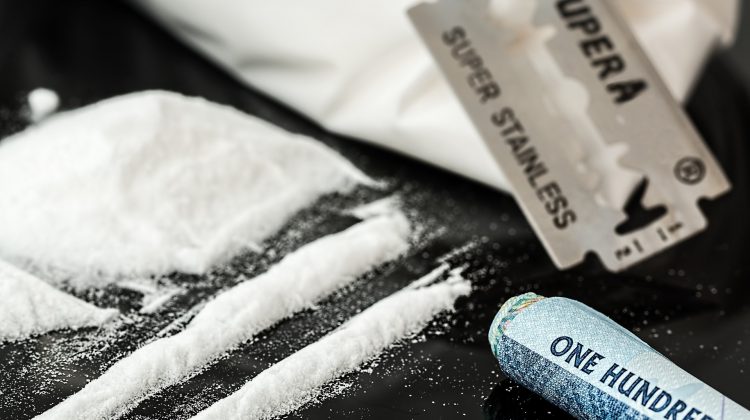Illicit drug deaths across BC reached unprecedented levels.
According to new data released today (Wednesday) by the BC Coroners Service, 2,224 drug toxicity deaths were recorded in 2021 – this represents a 26% spike when compared to the number of deaths in 2020.
Northern Health set a record 146 overdose deaths last year with 55 of those occurring in Prince George.
During a Livestream, Chief Coroner Lisa Lapointe noted the illicit drug crisis has been going in the wrong direction for nearly a decade.
“In 2012, the rate of drug toxicity in our province was six deaths per 100,000 people. Five years later in 2017, the death rate due to toxic drugs had risen to 30, in 2021, the province-wide rate increased to 43.”
The Coroner Service stated there were 210 such deaths in November and 215 in December, the first two times B.C.’s monthly overdose fatality totals eclipsed 200.
That equates to about seven deaths per day on average.
“The number of people who died from the toxic drug supply last year is unacceptable and we must do more to prevent this tragic loss of life. While the Province is adding new services and supports to our health-care system each week, B.C. faces a rising tide of need,” said Dr. Bonnie Henry, Provincial Health Officer.
“We must reduce the fear and shame that leads so many to hide their drug use, avoid services, and use deadly drugs alone. Addiction is not a choice, it’s a health condition. That’s why we continue to push Health Canada to approve our exemption so we can implement decriminalization of people who use drugs throughout B.C. This is a vital step to overcoming the stigma and shame associated with using drugs and helping to connect people with the supports they need.
Fentanyl was detected in 83% of samples tested in 2021. Carfentanil was present in 187 results, almost triple the number recorded in 2020 (66).
Additionally, 50% of samples in December tested positive for etizolam, more than three times the rate of detection in July 2020 (15%). Benzodiazepines create significant challenges for life-saving efforts as naloxone does not reverse its effects.
Since January 2020, Northern Health has posted 280 drug toxicity deaths, equating to an average of just under 12 per month.
71% of those who passed away due to a suspected overdose in BC were between the ages of 30-59.
Lapointe stated the province’s current approach to this public health emergency clearly isn’t working.
“The status quo costs us millions in policing, emergency response, short and long-term health care, and incarceration. It creates social mayhem in our communities and destroys lives.”
“We know that from March 2020 to October of 2021 illicit drug toxicity deaths placed fifth in terms of percentage of total deaths in BC. The first four causes were malignant cancers, heart disease, Alzheimers disease, dementia, and stroke.”
The Coroners Service noted Northern Health has the second-highest drug toxicity rate among all five health authorities in BC at 44.8 per 100,000 people.
Only Vancouver Coastal ranked higher with a mark of 49.2.
In terms of Health Service Delivery Area, the Northern Interior, which encompasses Prince George-Quesnel-Burns Lake and the Robson Valley has the fourth-highest drug toxicity rate of 51.6.
Vancouver continues to be the far and away leader with a rate of 72.6 – a difference of 21 points.
No deaths were reported from supervised consumption or drug prevention sites.
Something going on in the Bulkley Valley Lakes District you think people should know about?
Send us a news tip by emailing [email protected].





